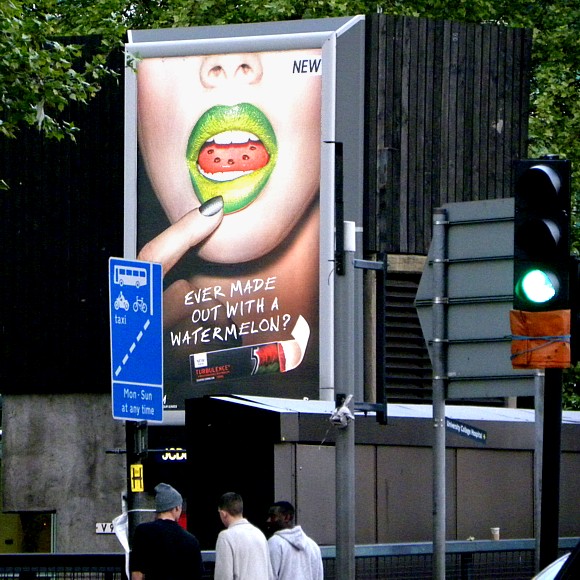On Monday, Alphabet, the company that owns Google, overtook Apple by becoming the most valuable company in the world.
The most valuable companies in America are nearly all tech companies. Google and Apple are leading the pack with market values of $543 billion and $535 billion respectively. Behind those two companies sits Microsoft at $433 billion. Facebook, at $328 billion, took fourth on Monday, surpassing Exxon Mobile at $318 billion. The revenues of the top leaders (Google and Apple) are higher than any other company in corporate history.
Just last quarter Alphabet reported revenues of more than $21.3 billion, blowing past estimates by roughly half a billion dollars. Traders are expecting Alphabet to keep the title of most valuable company for some time to come. Revenue for the company saw $74.5 billion in sales for all of 2015, up from $66 billion in 2014. The good news keeps coming as Monday their stock rose another 5 percent.
Colin Gillis, senior technology analyst for BGC Partners, believes that Alphabet will become the world’s first trillion dollar company. Why? Sheer numbers, for one, Gillis said in an interview. “Think about the number of services they have with a billion users: Google Search, YouTube, Maps. Some of those are used multiple times every single day,” he said.
Some also think that the deciding factor between Google and Apple is all about China. Apple reported the slowest-ever sales growth for the iPhone and revealed that its business in China is facing trouble. In contrast, Alphabet makes very little money off hardware and does almost no business in China. Now that China’s economy is slowing down, Apple and their stock seem to be following suit.
It could be that Alphabet knows exactly how to show investors its future promise. Google has been famous for its moonshots, like the self driving car. The reorganization of Google, including the creation of the parent company Alphabet, has allowed transparency into its many services and what they offer. All that adds up to a lot of success and the number one spot for the tech company.
Article via The Washington Post,1 Febraurary, 2016
Photo: iPhone Alphabet by schnaars [Creative Commons Attribution-NonCommercial-NoDerivs]



